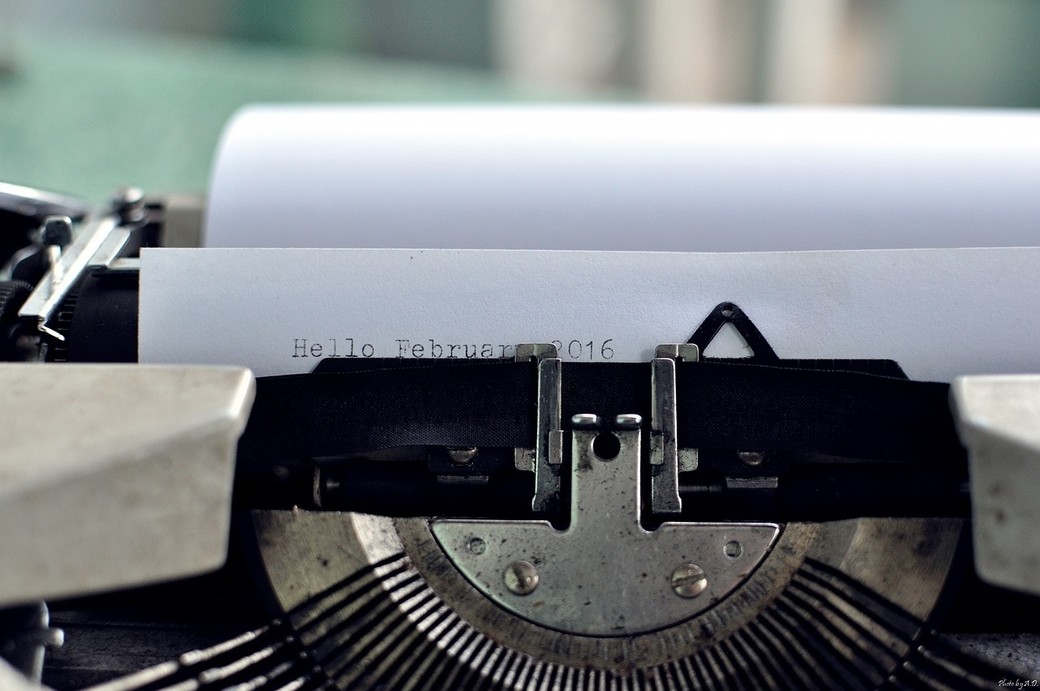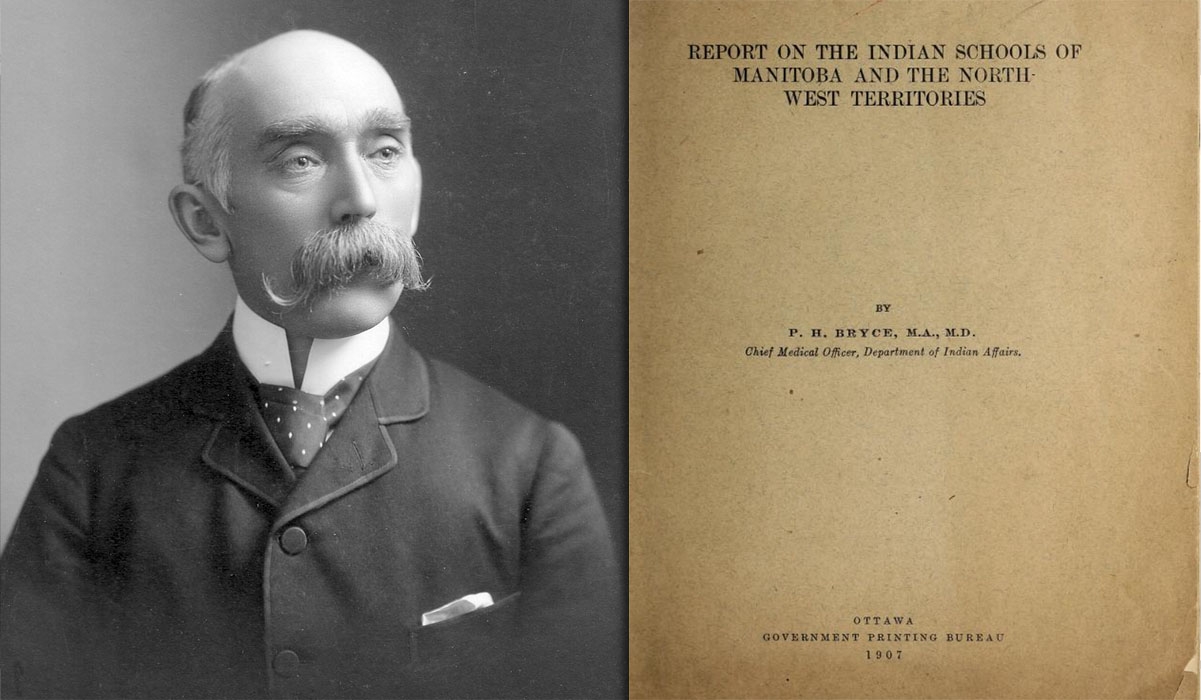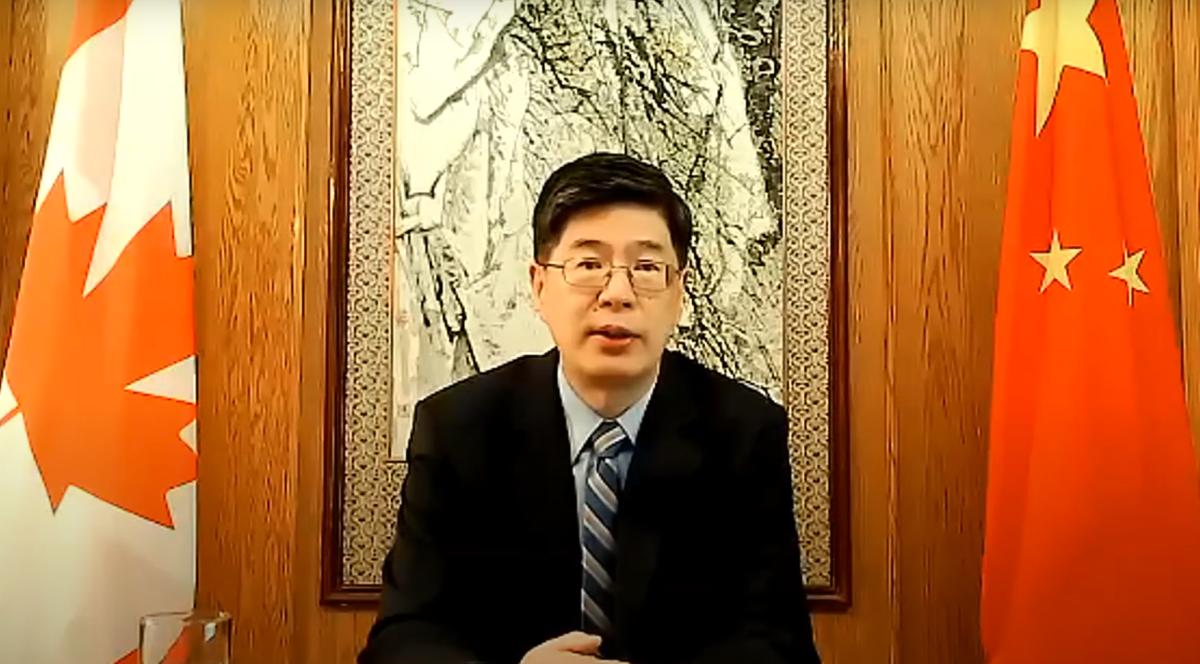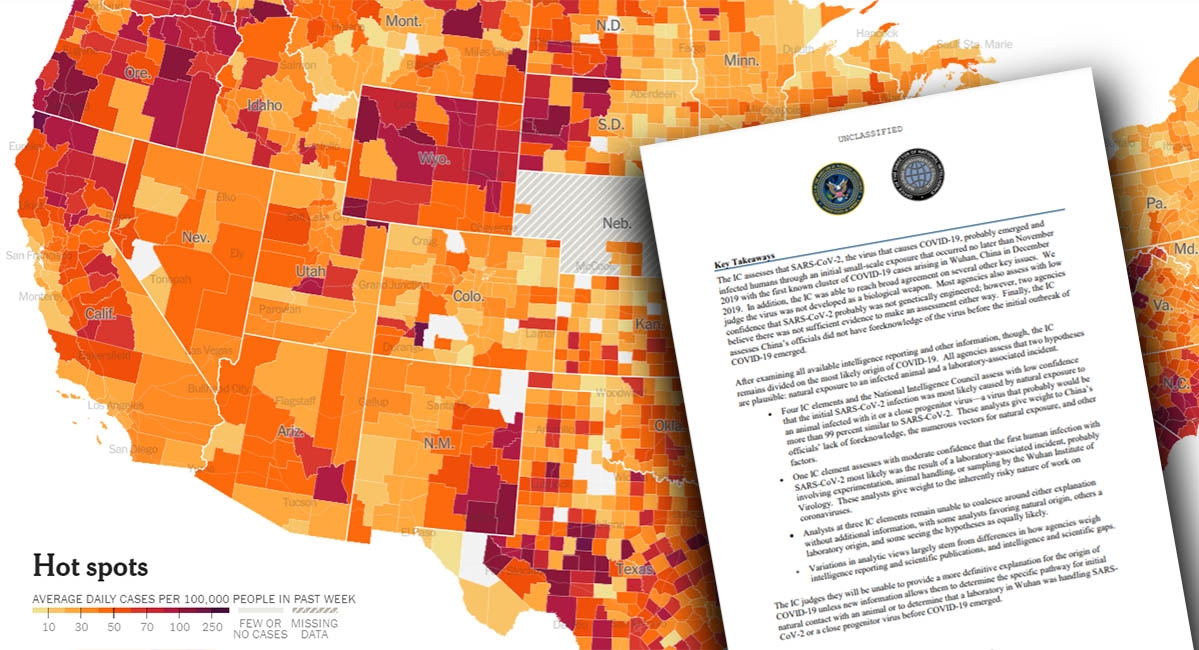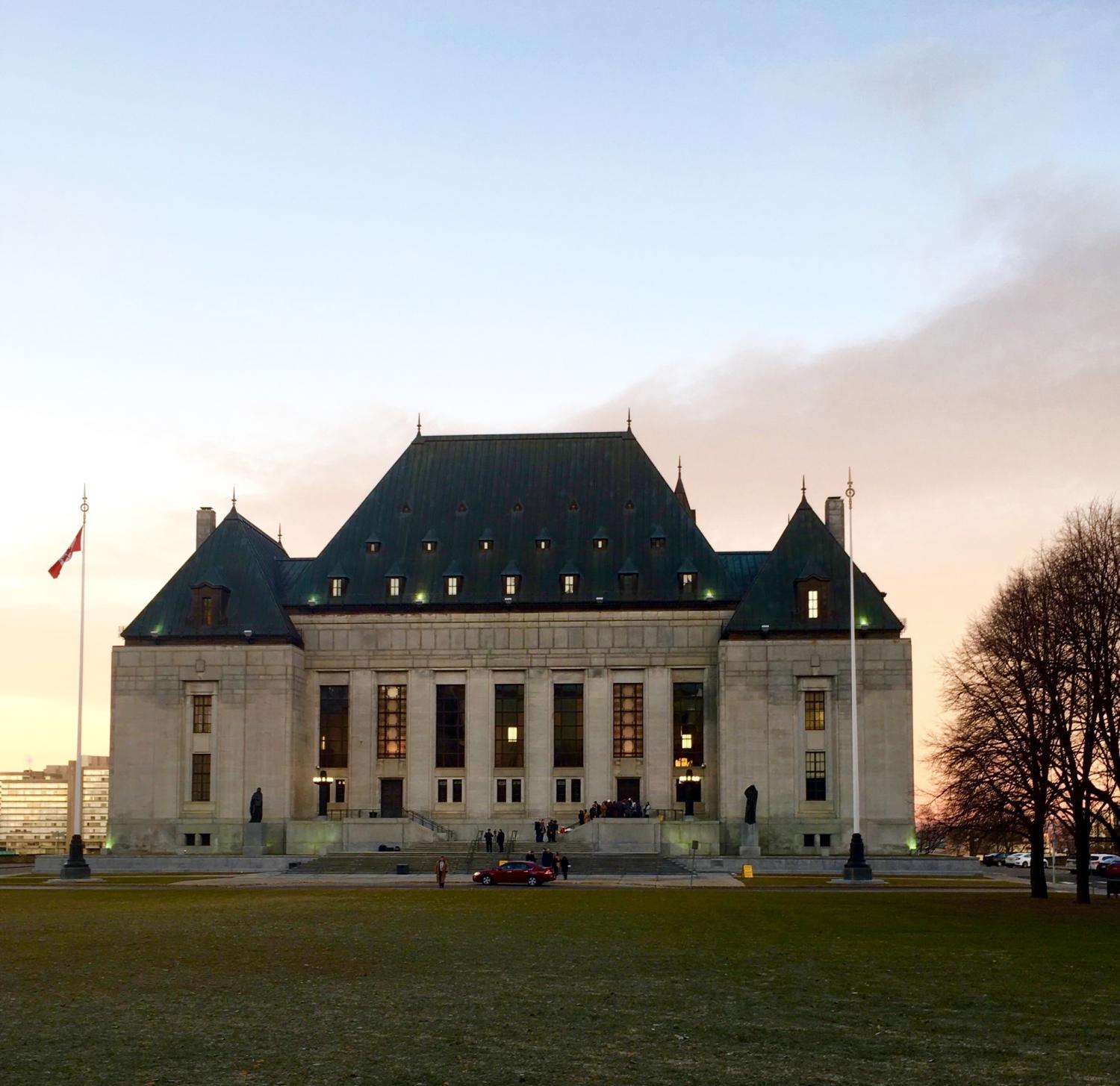
Will Religious Freedom in Canada Take A Back Seat to Other Charter Rights?
It is early morning on a chilly November day. The frozen grass crunches under my boots as I make my way across the huge lawn in front of the Supreme Court of Canada. I am on my way to observe the case of Trinity Western University v. the Law Society of Upper Canada. At barely 7am there is already a crowd huddled outside the door. Eventually we are ushered through security and into another line, hoping to find a seat in the packed benches beneath the impressive ceilings and pillars of the Courthouse. In this line, we begin to spot the rainbow pins on supporters of the LGBTQ+ community dotted amongst the blue and white scarves of Trinity Western University — the colours identifying the two polarized sides of debate.
This case is not insignificant to Canadian society. Religious freedom has come head-to-head with the right to equality. Both rights are enshrined in the Charter. Both are claims that trump all other Canadian law. Today, the Supreme Court must find that one of them is to be limited so that the other can be fully realized. Both national and international representatives alike have come to observe the proceedings.
Trinity Western is a private University in BC that caters to evangelical Christians. It has a code of conduct called “the covenant” that each student is required to sign. This code forbids sexual intimacy except between married heterosexual couples.
Trinity Western wishes to open the 21st law school in Canada. In order for graduates of this proposed law school to receive a license in Ontario, it must be accredited by the Law Society of Upper Canada. The Law Society has refused to accredit the University because of the discriminatory nature of its covenant; individuals unwilling or unable to sign this covenant would face exclusion from the legal profession. The individuals most affected by this covenant would be members of the LGBTQ+ community. The University viewed The Law Society’s refusal as an infringement upon their right to religious freedom, and has therefore sought judicial review.
On the day of the trial, the nine justices file into the chilly courtroom, led by Justice McLachlin, who is hearing her final case as Chief Justice of the Supreme Court – her retirement only days away. On the edge of my seat, I wait to see how history will unfold around such a complex and integral issue.

The debate is lively; all nine Justices ask questions of the counsel, participating in every moment of the hearing. Robert Staley, Counsel for Trinity Western University, was actually interrupted less than five minutes into his argument with pointed questions from Justice Wagner: when Staley argued that there was no discrimination in the covenant, Justice Wagner burst out: “In my books that’s discrimination!” This remark is indicative of the candid engagement of those in the ring. I found they were relaxed and comfortable, even making jokes throughout the day. I was surprised because in my mind, Canada’s judicial system had always seemed like an unmoving entity, but this November day showed me the human side of our Supreme Court. This is what it meant when people argue that bias is impossible to avoid. Each justice brings their own experiences into the courtroom, as well as their expertise on the law.
The final decision on this case is still pending. After attending the hearing, however, I predict that we’ll be seeing a decision in favor of the Law Society and the Right to Equality, given the current political climate in Canada. While I personally support that hypothetical decision, I also believe that the reason behind it is the dominant discourse in Canadian society. This could set a dangerous precedent for the Charter’s guaranteed freedom of religion. Is religion losing its status in the face of individual rights? Canada is a secular state, but this court case is showing us a clear preference of one right over another. How will we balance our culture’s apparent doctrine of rigid secularism with the diversity of cultures and religions that our country prides itself on?
In an interview with Brett Harvey, a Human and Civil Rights lawyer from the US, he discussed how the Supreme Court of Canada is an influential court internationally. Courts in other countries, he said, often look at what Canadian courts have done to evaluate core fundamental interests. He feels that what the Canadian courts decide on this matter will have a significant impact on international law, and mused, “I am very interested to see how the international community values religious liberties, and whether or not they must take a back seat to other interests in society, or if they will be vigorously protected.”
In this case of TWU v. LSUC, to rule in favour of the Law Society (and therefore choose equality rights over freedom of religion), a hierarchy of rights will be introduced within Canadian society, putting religious freedom in a position somehow less than other freedoms. If the Canadian Charter is a living tree which grows as society changes, then the courts indeed have a duty to interpret law through dominant views of society. However, it must also go beyond the current position of social consent. The courts must not simply follow dominant discourse. They must incorporate discourses that may have been or may become relevant and accepted by society. Just as the justices must come to court armed with more than simply their own experiences, so Canadian courts need more depth than what is acceptable and agreed upon now – it needs to strive to find a truth bigger than just our own ideas and thoughts.

